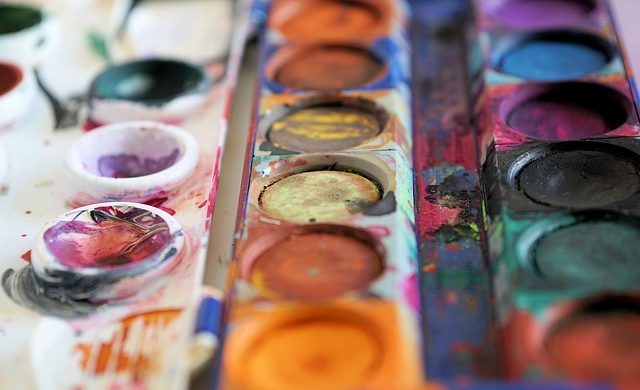
There is a new concept called creative tourism. It refers to ‘‘Tourism which offers visitors the opportunity to develop their creative potential through active participation in courses and learning experiences, which are characteristic of the holiday destination where they are taken.”
In light of World Tourism Day and the Intwasa Arts Festival being held in Bulawayo, Zimbabwe we should take into consideration ideas such as creative tourism. In terms of creative tourism, tourists want to experience the local culture by participating in artistic and creative activities.
They want to live experiences where they can feel themselves as a local. They are prosumers and share their experiences on social media. They are exclusive regarding the way they travel: once experienced the creative tourism, they no longer want to come back to a conventional circuit. They spend a substantial part of the budget for the fulfilment of these activities/experiences. They use to combine many types of tourism, during the same journey: creative, culinary, eco-tourism, slow tourism.
Tourism and creativity have common ground in that innovations through creativity help to improve the tourism sector. The rapidly developing relationship between tourism and creativity, arguably enhances a ‘creative turn’. Creativity has been employed to transform traditional cultural tourism, shifting from tangible heritage towards more intangible culture and greater involvement with the everyday life of the destination.
The emergence of ‘creative tourism’ reflects the growing integration between tourism and different placemaking strategies, including promotion of the creative industries, creative cities and the ‘creative class’. Creative tourism is also arguably an escape route from the serial reproduction of mass cultural tourism, offering more flexible and authentic experiences which can be co-created between host and tourist. However the gathering critique also highlights the potential dangers of creative hype and commodification of everyday life.
Implementation of this initiative would help to boost city’s image and awareness as well as bring in revenue. Through festivals and carnivals, the creative tourism industry could become a reality which intensifies the growth rate of the tourism industry of any city or region. It all comes down to the model of introduction and how the idea is executed on the ground. The concept.
The importance of the initiative is that it is a potent force in the life of towns and cities making them more attractive which increases the chances for more visitors. It also presents an avenue to better the quality of life for those who live in the creative hub. It suggests a host of numerous opportunities in the hospitality sector and could boost the economy. It could be good for Bulawayo and the hospitality sector in future!
Article by @nelson.madzima





